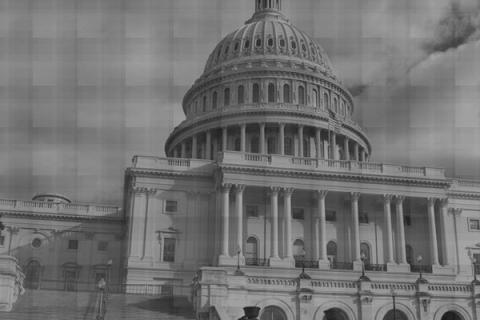The state Legislature has passed a bill that would encourage the unionization of farm workers by circumventing secret ballot elections with a new “card check” system. Former Governor Schwarzenegger vetoed two previous attempts to undermine secret ballot elections for private sector employees confronted with the choice of joining a union, but supporters expect Governor Brown to sign the measure. Opponents say the law will spell the demise of the tried-and-true secret balloting procedure.
Senate Bill 104 passed on a 51-25 party-line vote Monday. If you ask the author of SB 104, Senate President Pro Tem Darrell Steinberg (D-Sacramento), he will tell you that the new law would cut down on intimidation during on-site elections. Opponents say just the opposite will be the case. The new rules might bolster a coercive atmosphere for employees who would have to make a public choice to sign state-issued representation cards.
What's even more worrisome is that unions who opt for the card check method can completely avoid elections for union certification altogether by taking advantage of a few interesting technicalities in the law. Steinberg, a former lawyer for the California State Employees Association will not qualify these concerns. According to Steinberg's office, “SB 104 does not eliminate the secret ballot — it just adds the new option to the secret ballot process.”
Here's how card check elections operate:
Unions who wish to hold an election disburse representation cards to employees they wish to recruit. As per the law, the union in question is not required to disclose to the employee that their signature indicates a vote for unionization. After a majority of the cards are signed for a particular employer (51 percent), all employees are then required to join the union. Cards can be signed up to one year in advance.
To make things even easier on these employees, the new law would allow labor organizations to fill out all of the information on the representation card, minus the signature, of course. “Discrepancies” between an employee's name on his card and the one found on the employer's list can now be “ignored” by the labor board. Additionaly, critics of the card check law point out that it fails to impose the same harsh penalties on unions as it does on employers for acts of intimidation.
Some argue that if the public had analyzed this piece of legislation more closely, it might not have made it through the lower house. It took a sleight of hand to sneak the Senate-approved measure around some traditional hurdles in the Assembly last month when Speaker John Perez allowed an Assembly committee to hold a surprise hearing on the bill, because he suspended the public notice rule for legislative hearings. He then voted to pass it to the next committee.

